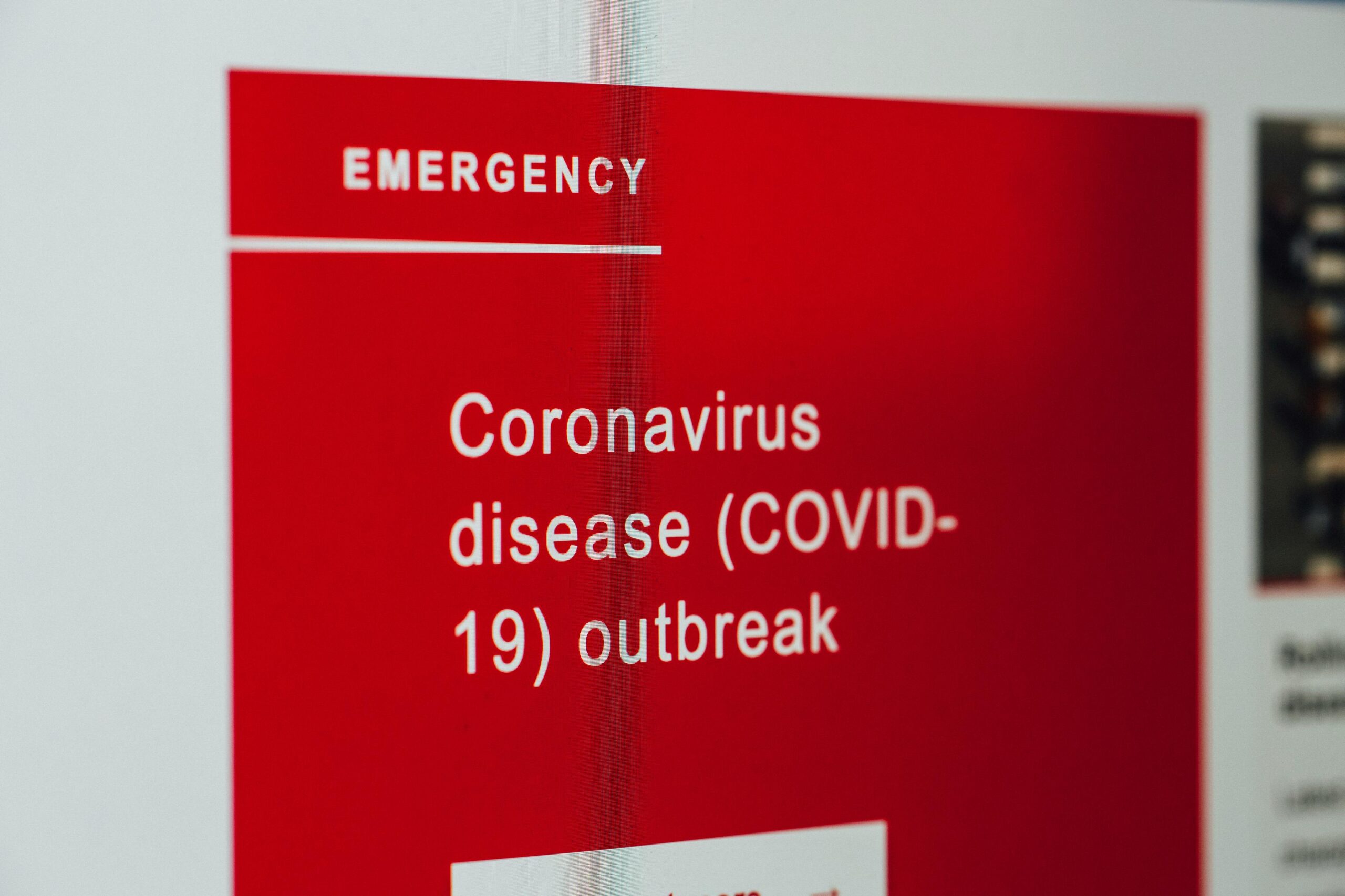News / Study Led by RISE-Health Reveals that Long COVID-19 May Affect Up to 26% of Adults
Prevalence of the disease and symptoms can compromise the mental and physical health of patients.

Ten to 26% of adults who contract the SARS-CoV-2 virus may experience prolonged COVID-19, affecting their mental and physical health. This is one of the main findings of a study developed by Lígia Pires (ULS Algarve) and led by Joana Berger-Estilita, principal investigator of the CriticalMed group at the RISE-Health research unit (RISE-Health@RISE/FMUP).
According to the study published in the journal Medicine, prolonged COVID-19 is “highly heterogeneous” and can present neuropsychiatric symptoms such as fatigue, depression, anxiety, and cognitive dysfunction. Dyspnea, palpitations, anorexia, myalgia, and arthralgia are also among the most frequent symptoms among patients.
“In addition, psychological stress factors, such as fears related to the disease, stigma, and social isolation, may contribute to the development and persistence of these symptoms,” according to the article led by Joana Berger-Estilita and Lígia Pires.
According to the RISE-Health researchers, there is a “significant association between patients with severe acute disease and increased difficulty in performing daily activities, increased anxiety, and increased perception of pain,” they explain, mentioning that “a negative correlation was also found between the intensity of fatigue and quality of life, i.e., the greater the perception of fatigue, the lower the quality of life.”
The study, which involved 208 patients with prolonged COVID-19, highlights fatigue as one of the predominant symptoms and one that is strongly linked to anxiety and depression. “Our data suggest an unexpected pattern: less severe cases of COVID-19 reported higher levels of persistent fatigue months after infection,” the experts point out.
According to researchers at the RISE-Health research unit, “by distinguishing between post-COVID physical and mental fatigue, it is possible to carry out therapeutic interventions targeting these symptoms,“ and it is therefore necessary to adopt ”a multidisciplinary approach to these patients that includes not only the assessment of physical complaints but also mental changes in order to be able to intervene early and improve the quality of life of these patients,” they conclude.
The scientific paper “Association of acute COVID-19 severity and long COVID fatigue and quality of life: Prospective cohort multicenter observational study” was led by researchers Joana Berger-Estilita (RISE-Health@RISE/FMUP) and Lígia Pires, with Ana Marreiros, Cátia Saraiva, Cláudia Reis, Djamila Neves, and Cláudia Guerreiro also listed as authors. José Boleo Tomé, Maria Inês Luz, Margarida Isabel Pereira, Ana Sofia Barroso, and Jorge Ferreira also signed the article.
Lucía Méndez González, Armin Moniri, and Marta Drummond are also part of the team of researchers involved in this international scientific study.
This scientific work was developed as part of the doctoral thesis of researcher Lígia Pires, supervised by Joana Berger-Estilita, a researcher at RISE-Health.